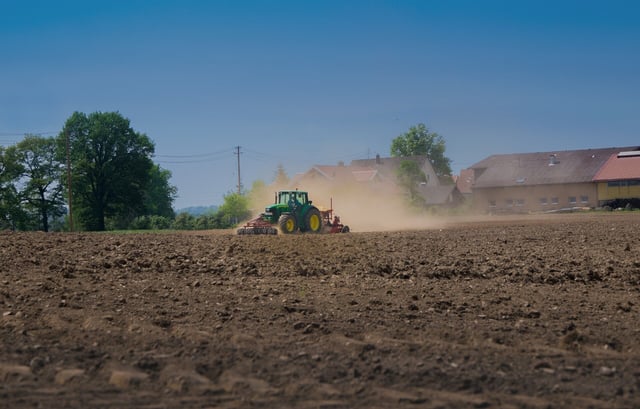Overview
- A University of California, Riverside study exposed mice intranasally to hog farm dust extract for three weeks to model agricultural bioaerosol inhalation.
- Exposed mice showed a significant reduction in beneficial gut bacteria, including Akkermansia muciniphila, Clostridium sp. ASF356 and Lachnospiraceae species.
- The research team found lowered levels of key metabolites such as riboflavin, nicotinic acid, inosine and leucine, which are vital for energy metabolism, immune function and gut barrier maintenance.
- Increased intestinal permeability in the mice allowed gut bacterial products to enter the bloodstream, linking respiratory exposure to systemic inflammation.
- The study highlights the importance of the gut–lung axis in assessing bioaerosol risks and calls for stronger workplace safety measures in animal agriculture.
